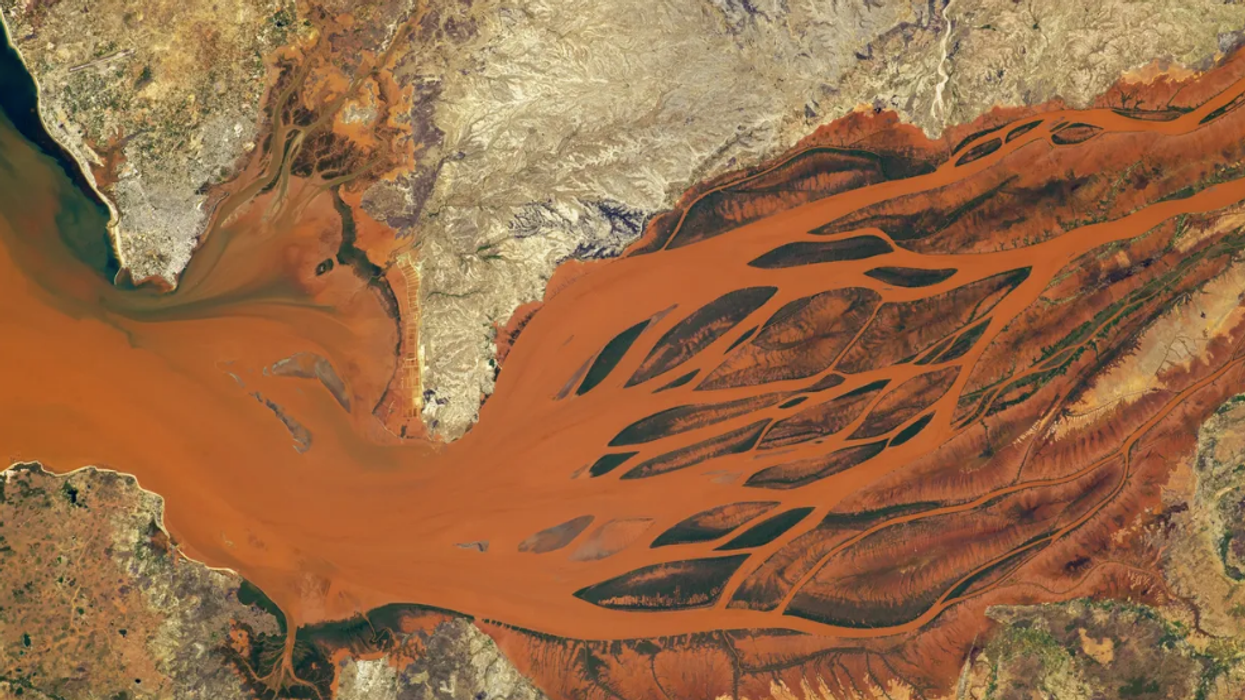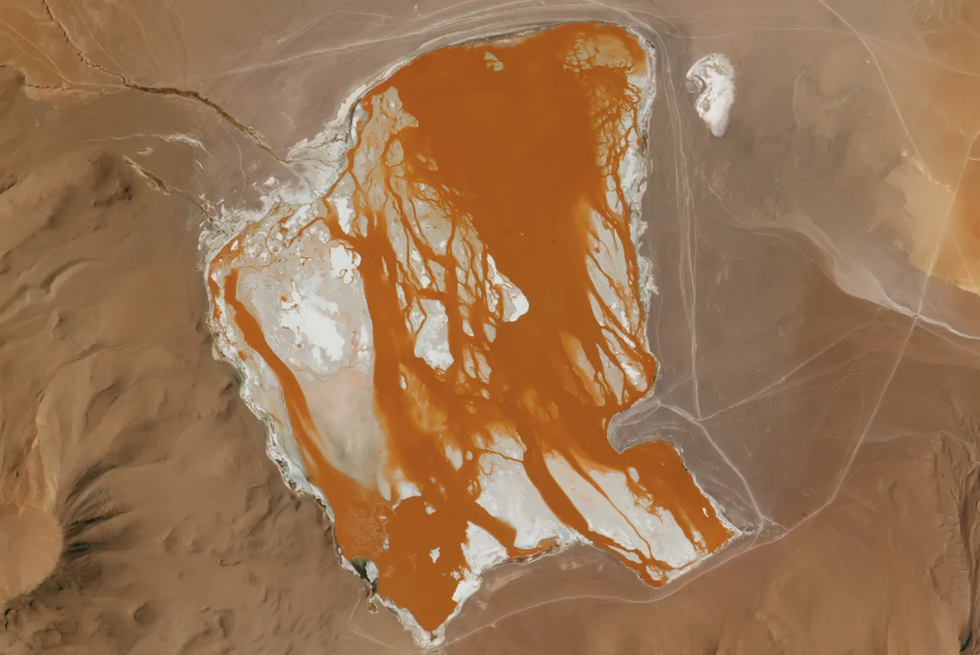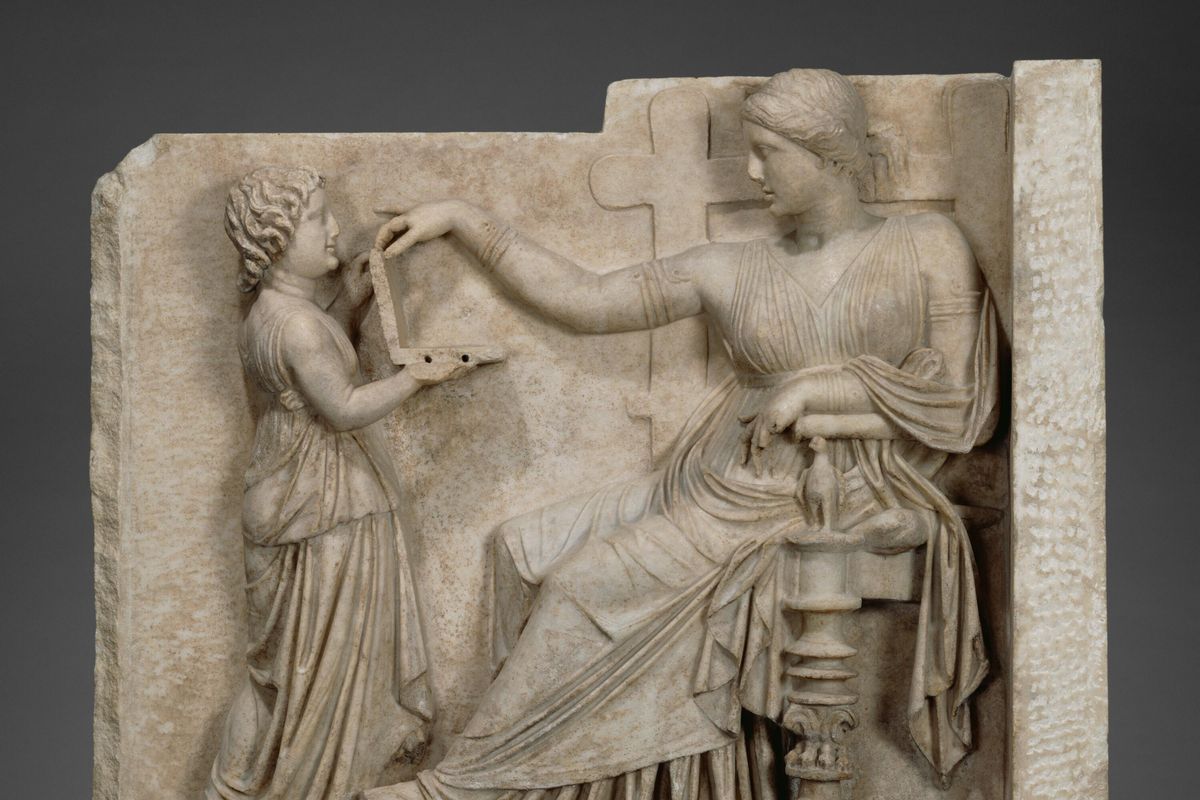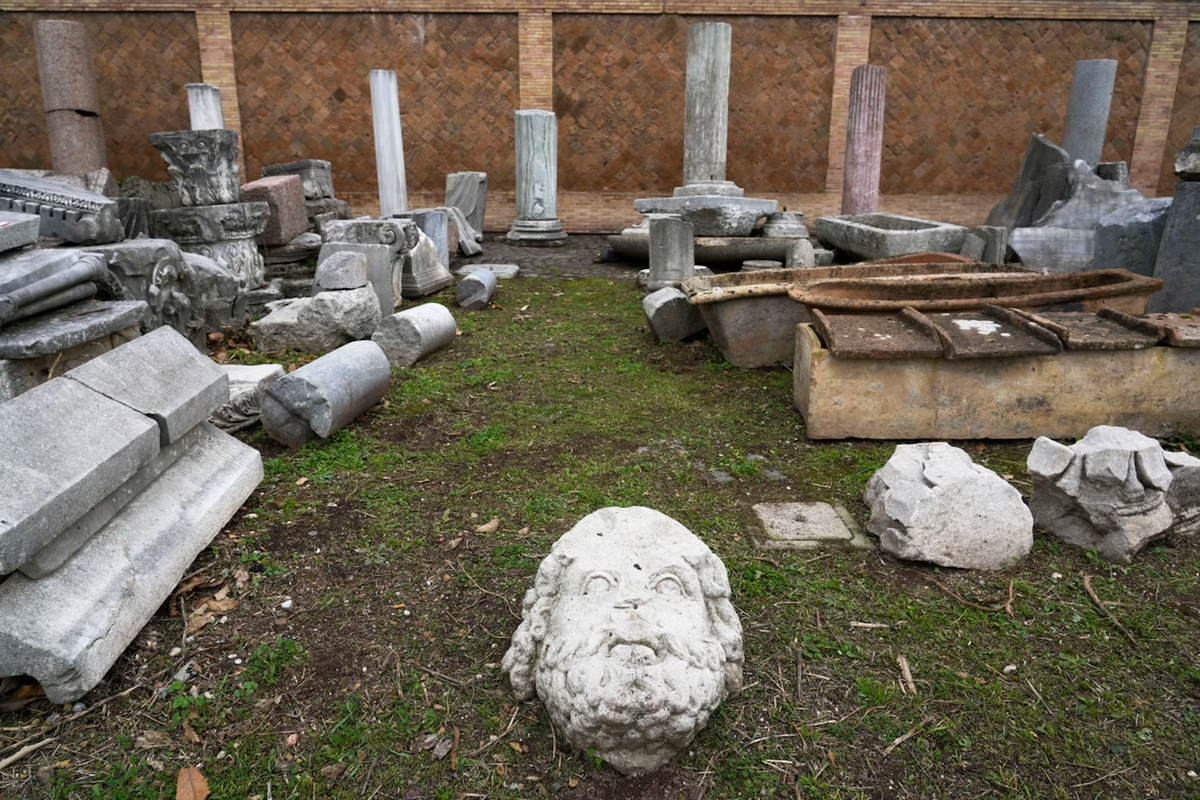Harry Fletcher
Nov 07, 2023

The Laguna Colorada in the Bolivian Andes in South America from space
ISS/NASA
The Earth is home to truly stunning natural features, but sometimes you need a new perspective to appreciate it all over again.
Thankfully, the experts at NASA are on hand to remind us just how incredible our planet is with the release of new photos showing the “blood of Earth”.
The incredible images seem to show it bleeding, with dramatic red liquid appearing to cascade over the surface. However, it’s nothing at all to do with blood – which is probably just as well.
Instead, the first picture shows the Laguna Colorada in the Bolivian Andes in South America from space.
Remarkably, the image was taken by an astronaut onboard the International Space Station (ISS) using just a Nikon digital camera.
The fact that it was taken more than 400 kilometres away from Earth on a handheld device is pretty staggering, and it offers a look at a natural phenomenon which we’d never otherwise get to see.
The first picture shows the impact of red algae flourishing in the shallow water of the laguna, while the second shows the Betsiboka River Delta in Madagascar.

This time, the red colour comes as a result of the iron-rich sediment.
It’s pretty awe-inspiring stuff, and it’s not the first time that red “blood” has been seen running from our planet, either.
Antarctica’s Blood Falls is a bizarre geographical feature in the McMurdo Dry Valleys region of the continent, and it’s one of the strangest natural phenomena you're likely to see.
It features a flow of water the colour of blood that can be seen seeping out from a glacier into the ocean. The mystery behind it has fascinated members of the scientific community for decades, but a solution has now been found.
Sign up for our free Indy100 weekly newsletter
How to join the indy100's free WhatsApp channel
Have your say in our news democracy. Click the upvote icon at the top of the page to help raise this article through the indy100 rankings
Top 100
The Conversation (0)













